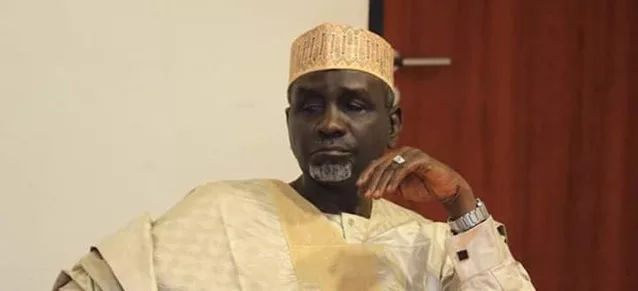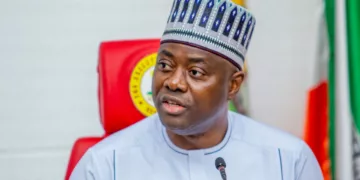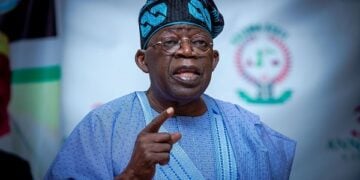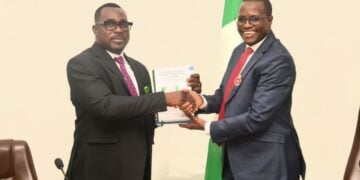Former governor of Kano State Ibrahim Shekarau and the Emir of Keffi, Dr Shehu Cindo Yamusa all, have called for genuine efforts in the fight against poverty.
Shekarau said the federal and state governments must address poverty, inequality, and joblessness for Nigeria’s economic development.
Shekarau, who noted that socio-economic conditions determine the well-being of citizens, said it tells exactly how citizens fare in terms of income, safety and security jobs, access to health care facilities, access to education, and electricity among others.
They spoke at the weekend at the 5th annual conference of the International Islamic University Malaysia Association, Nigeria Chapter with the theme: “Nigeria’s Social Economic Conditions: Realities and Remedies”.
At the virtual programme was the Emir of Keffi in Nasarawa State, Dr. Shehu Chindo Yamusa III, President, IIUM Alumni, Nigeria Chapter, Professor Bashiru Adeniyi Omipidan and director, IIUM Alumni Relations Division, Illmyzat Bin Ismail.
Shekarau who was represented by Dr Muhammad Sagagi declared that Nigeria’s socioeconomic condition is poor.
He lamented that despite the abundant resources in the country, leaders are not able to provide the development and living standards that Nigerians expect and Nigeria’s demand.
The former governor, in his submission, noted that Nigeria has a low per-capita income, which he described as a major setback for the nation’s development.
He said, “Currently, we have more than 23 million unemployed people, and maybe 20 million more under-employed to a total of about 15 million people who are either unemployed or underemployed. But what is also most important here is that this unemployment is more acute amongst the youth.
“Unfortunately, the growth in the economy has been erratic and small. Growth rates are small and erratic. If you calculate it from 1999 to 2024 or maybe take an even shorter period of 11 years, the average growth rate of the economy was about 2.4%. The highest ever was 6.2% in 2014. And then the lowest was minus 1.92. In that session. Now, the implication is that these cross rates are not enough to create jobs and fight poverty. They are not enough to provide the social, economic, and the kind of socio-economic conditions that are appropriate for this country.
On his part, the Emir of Keffi, Dr Shehu Cindo Yamusa, appealed to wealthy Nigerians to make positive contributions to long-term sustainable peace and development by working directly with people affected by humanitarian crises.
He said the principles of neutrality, impartiality, and independence are fundamental to human and humanitarian actions, adding that humanity means that human suffering must be addressed wherever it is found, with particular attention to the most vulnerable.





